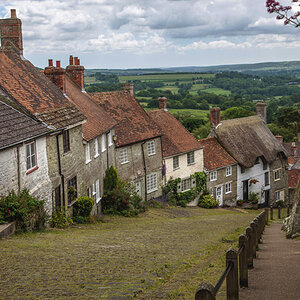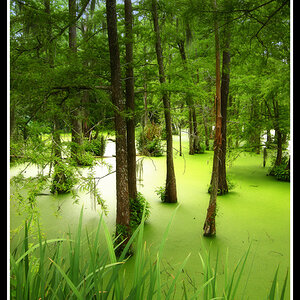- Joined
- Mar 29, 2016
- Messages
- 14,850
- Reaction score
- 8,296
- Can others edit my Photos
- Photos NOT OK to edit
There's no sign at the corner intersection directing pedestrians to only cross at the cross-walk; can I therefore walk through traffic and successfully dispute the "jay-walking" ticket I receive based on my ignorance of the law?
That depends on #1 If there was no LE to see or write the ticket, and #2 There was no harm to you or anyone else as a result of you ignorance. Shy of the these would it not be a victimless crime? In the court case the judge used somewhat the same analogy when he said there was no harm caused the copyright holder.



![[No title]](/data/xfmg/thumbnail/40/40312-7470c3c8f9e3a40e6b44c423096f188d.jpg?1619739414)

![[No title]](/data/xfmg/thumbnail/33/33343-857a08c1327857172779bfe49f06f638.jpg?1619735911)

![[No title]](/data/xfmg/thumbnail/39/39439-d0a6beaaf39993860b74ccbd81fdd122.jpg?1619739032)

![[No title]](/data/xfmg/thumbnail/39/39442-c7791194bfea1b4d6bd382b004fb8488.jpg?1619739033)
![[No title]](/data/xfmg/thumbnail/40/40309-c759bfd4ae7c079632e7402d21d332f1.jpg?1619739414)
